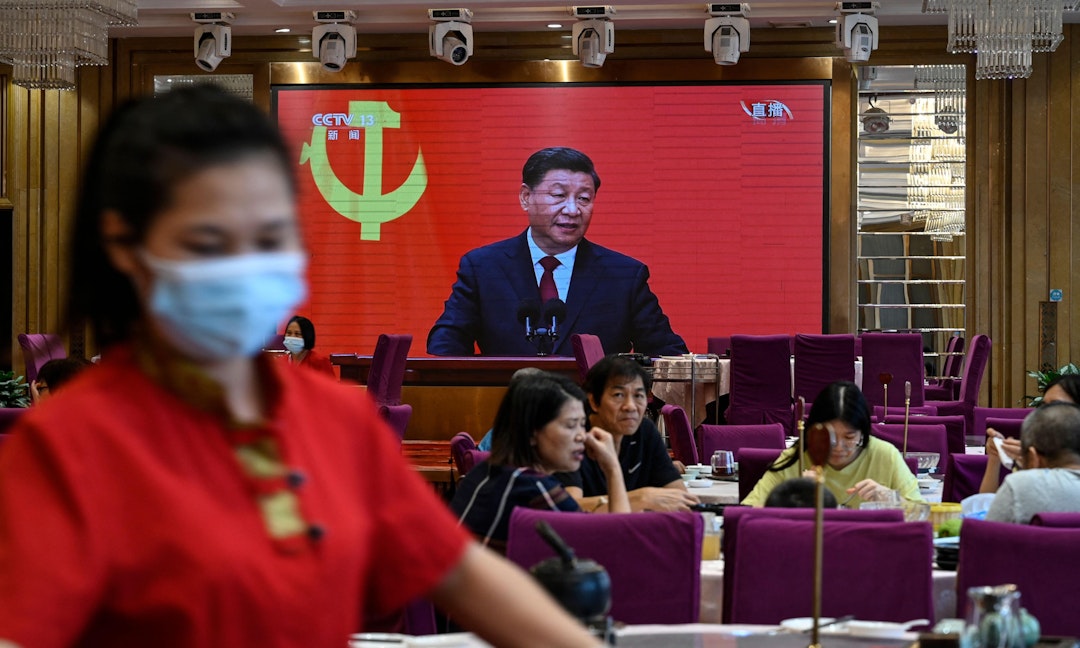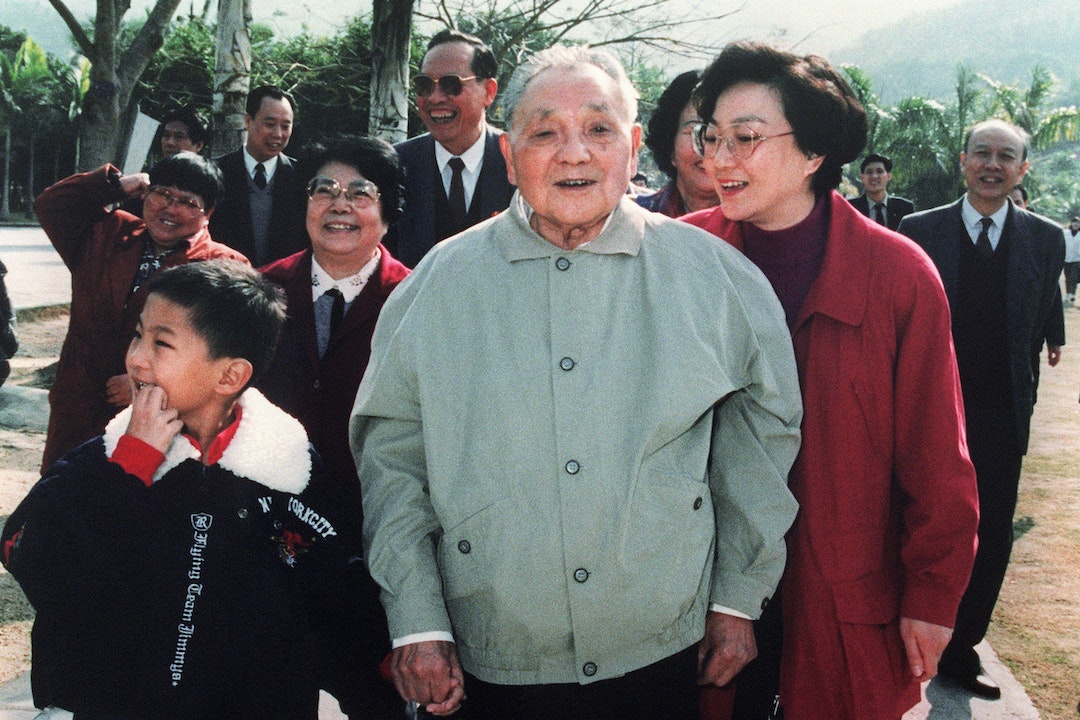
The Made in China 2025 initiative was launched by the Chinese government in 2015 to strengthen China’s position as a global powerhouse in high-tech industries and reduce reliance on foreign technology imports. But this plan has not been smooth sailing, as regulatory changes and standards introduced in key industries restrict foreign competition and potentially provide access to foreign technology. Investors are also losing confidence in China due to geopolitical tensions, regulatory uncertainty, and supply chain disruptions. Despite President Xi Jinping’s recent inspection tour in Guangdong Province, multinationals such as Apple are reducing their reliance on China as a manufacturing partner.
Made in China 2025
With Made in China 2025, China aims to decrease dependency on foreign technology imports and focus on developing indigenous innovations. Businesses are advised to enhance global brand awareness and gain familiarity with foreign cultures and markets. The initiative involves the use of state funding to facilitate private equity investments and acquire foreign intellectual property.To encourage innovation and development in key industries, Beijing is introducing regulatory changes and setting new standards.
These changes may limit foreign competition in China while enabling the Chinese government access to foreign technology through measures such as mandating banks to disclose source code and use domestic IP and encryption. The ultimate aim is to decrease China’s dependence on foreign producers and mandate the registration of intellectual property with local entities will allow Chinese companies to gain access to patents that they lack.
The downside of the policy is that it increases the likelihood of poor management of risk and failed ventures. Foreign governments also fear that Chinese expansion into critical industries will pose a threat to national security and increase the likelihood of retaliation by the Chinese government. Beijing has used coercion against foreign companies and their staff as a form of retaliation against governments that oppose Chinese trade violations.

Since the pandemic, investors have begun viewing China as an unsafe business environment due to geopolitical tensions, the chance of retaliation, regulatory uncertainty, and supply chain disruptions. From April 10-13, 2023, Xi emulated Deng Xiaoping by visiting Guangdong in an attempt to reassert China’s global manufacturing dominance.
Xi’s visit to Guangdong
In Guangdong , Xi stressed the importance of opening China’s economy following Covid-19 shutdowns. The message that Chairman Xi aims to send to the international community is that China is modernizing its science, technology, and industrial sectors and is open for investment. The message that he is sending to the Chinese people is that he takes urban and rural development seriously. These goals are motivated by the CCP’s macroeconomic plans, which includes a focus on self-reliance and the need for domestic political legitimacy.
Xi also underscored China’s market advantages against the backdrop of a sluggish global economy and encouraged foreign investors to invest in Guangdong and the Greater Bay Area. In a visit to a car manufacturer, he emphasized the importance of core technologies based on independent research and development while also welcoming international cooperation.
In particular, Xi urged the province to play a leading role in deepening reforms, advancing high standards for openness, and showcasing China’s self-sufficiency while emphasizing the importance of regional governance and accountability. His messages bear a resemblance to Deng’s during his Southern Tour in 1992, in which he promoted the importance of self-sufficiency in driving economic growth.
Deng’s Southern Tour marked a crucial turning point in China’s contemporary history, transforming a planned economy by initiating market-oriented reforms The trips by the two leaders demonstrate the shared commitment to promote regional economic growth and development and find long-term solutions to economic challenges. But while Deng’s plans were less concrete, Xi’s visit was focused on promoting reforms, modernization, rural revitalization, and improving quality of life, rather than experimenting with reform.
Facing increasing distrust
Despite efforts to revitalize the economy, Xi is doing too little too late in attracting and retaining multinational corporations. For example, Apple, one of the world’s most valuable tech companies, is facing mounting pressure to reduce its reliance on China as a manufacturing partner. The issue of Apple’s dependence on China was a significant concern for U.S. administrations. The U.S. government has restricted Chinese access to advanced U.S. technology on grounds of national security.
Apple acknowledged that China’s skilled workforce contributed to their success in the region. Challenging as it is, the tech giant is exploring the possibility of convincing some Chinese manufacturing and sourcing partners to start operations in countries like Vietnam and Malaysia, where Chinese management could train local labor. This process will take years, and Apple will face significant challenges in moving its production operations outside of China due to the current state of international trade.
In addition to exploring alternative manufacturing locations, Apple has also increased its footprint in India as part of its strategy to reduce its reliance on China and expand its presence in other markets. As tensions between the U.S. and China continue to rise, Apple sees India as a promising alternative to China for assembly and production.
China more reliant on the world than before
With distrust in China by both multinational corporations and governments, China is facing an uphill battle in attracting the kinds of foreign investment needed for the country to develop competitive industries. China’s aggressive economic and diplomatic campaigns may have seemed successful in the short-run, but it means that foreign investors will seek investment opportunities in its geopolitical rivals – such as India, Vietnam, and Taiwan.
Beijing is likely to seek to alter its rhetoric to appear more welcoming of foreign investment. But investors should not be fooled – the Chinese Communist Party continues to hold extrajudicial power over foreign corporations inside China and will continue to use them to further state policy goals. It is expected that more and more companies will move their manufacturing supply chains out of China and work with more stable partners in the region.
READ NEXT: U.S. Military Presence in Taiwan and Philippines to Alter Balance of Power in the Indo-Pacific
TNL Editor: Bryan Chou (@thenewslensintl)
If you enjoyed this article and want to receive more story updates in your news feed, please be sure to follow our Facebook.







